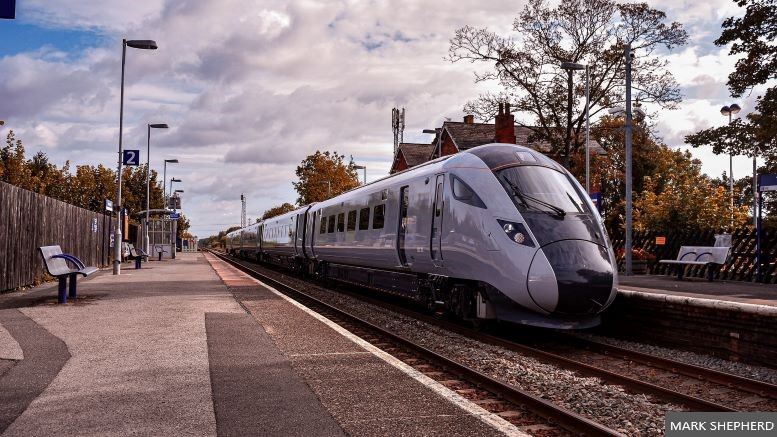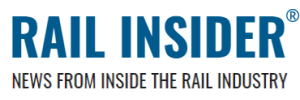
Hull Trains, the open-access operator that runs seven trains a day between Hull and London each weekday and five on a weekend, is progressing well with training drivers for its new train fleet.
The company is investing £60 million in purchasing five new Class 802 trains from Hitachi, which will replace the entire current fleet of Class 180s and greatly improve travel from Hull to London.
Manufacture began in Japan in May 2018, with the shells of all five trains shipped to Hitachi’s factory at Pistoia, Italy, by March this year. The first two trains to be complete will be coupled up and brought to the UK together during the first week in September. They should enter passenger service in early November.
To prepare for their arrival, 18 drivers are being trained up to drive them. So far, their work has involved 30 hours of training in the classroom, six hours working on a simulator and three days in a static cab. But now, the trainee drivers need to test their knowledge on moving trains, which is difficult as they haven’t yet been delivered.
Hull Trains has therefore struck a deal with sister company TransPennine Express (TPE) – both are owned by First Group. TPE is buying nine 5-car Class 802 trains, very similar to the five that Hull Trains is awaiting.
Under the arrangement, Hull Trains’ drivers will continue their training using TPE Class 802s, the first two of which were accepted in July 2019. They are currently operating up and down the East Coast main line from Peterborough – the very route that the Hull Trains London services will use in the future.
Bruce Davidson is managing the new drivers’ training. “The cabs on the TransPennine trains are similar to the ones they will be driving on the new 802s,” he said. “So far, the training is going well. It started in late May with the last drivers set to finish their training in late November.”
They will each spend a total of 20 hours on the TransPennine train, to make sure they are not just confident, but adequately trained ahead of the arrival of the new fleet.
“Driving a train is not like driving a new car,” Bruce explained. “It’s a completely new set of controls, which initially can be quite daunting. But, after a while, you get your head around the fact that generally the controls are the same, just in different places.
“The big change is the fact these are bi-mode trains – operating on both diesel and electric traction. There’s a different set of rules and regulations and new emergency procedures to learn for electric trains. One of the big things is the new train management system – a computer system. A lot is automatic and the train does a lot of things for the drivers.”
The trainees are keen to get out on track in a real train. “From a driver’s point of view the new trains will be a much cleaner and quieter environment and much quicker,” Bruce added.
“It is going to be a much different experience to the class 180s, which we’ve had for 10-11 years prior. The new 802s have fantastic acceleration, especially in electric mode. The acceleration pushes you back in your seat it is so quick.”
Once Hull’s own trains arrive in the UK, Hitachi will be carrying out test runs before driver acclimatisation takes place and the trains will then be rolled into the timetable one by one. If everything goes according to plan, the fifth and final train will have arrived in the UK and the entire new fleet will be in passenger use by December 31 at the latest.


Be the first to comment